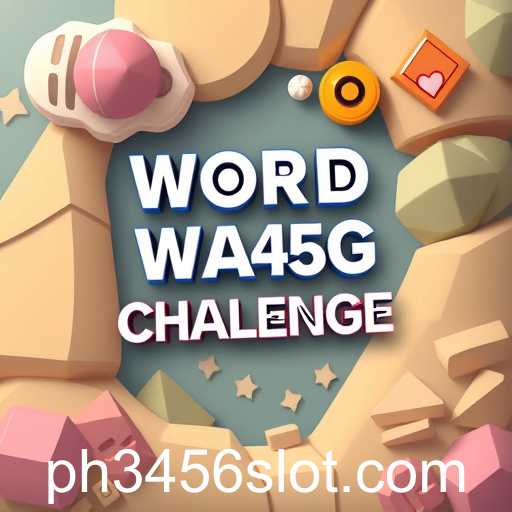Exploring the impact of online gaming as an educational tool and its latest developments in 2025.
In 2025, online gaming continues to soar in popularity, not only as a source of entertainment but also as a burgeoning tool in education. Websites like the innovative 'ph3456' are at the forefront, offering interactive platforms where learning meets the digital world. As traditional methods evolve, educators are increasingly turning to game-based learning to engage students more effectively and prepare them for a digitally-integrated future.
The concept of game-based learning isn't entirely new, but technological advancements have significantly enhanced its application in classrooms worldwide. These educational games are designed to foster critical thinking, problem-solving, and collaboration among students. This method proves particularly effective with younger generations, who are digital natives accustomed to screens and interactive media from an early age.
Recent reports highlight several success stories where schools have integrated online games into their curricula. Not only do these games make learning more enjoyable, but they also offer educators invaluable tools to track student progress and understanding in real-time. This dynamic approach allows for personalized learning experiences, catering to individual student needs and learning paces.
However, the rise of online gaming in education also presents challenges. Issues such as screen time management, internet access inequality, and content appropriateness need careful consideration. The education sector is urged to work alongside technology developers to ensure these games support curriculum goals while maintaining a balance with offline activities.
Looking ahead, industry experts predict that online gaming will continue to reshape educational landscapes. Platforms like 'ph3456' are expected to introduce new features powered by artificial intelligence, further personalizing the learning journey for each student. As education embraces this digital wave, the collaboration between educators and tech developers becomes paramount to harness the full potential of game-based learning.




